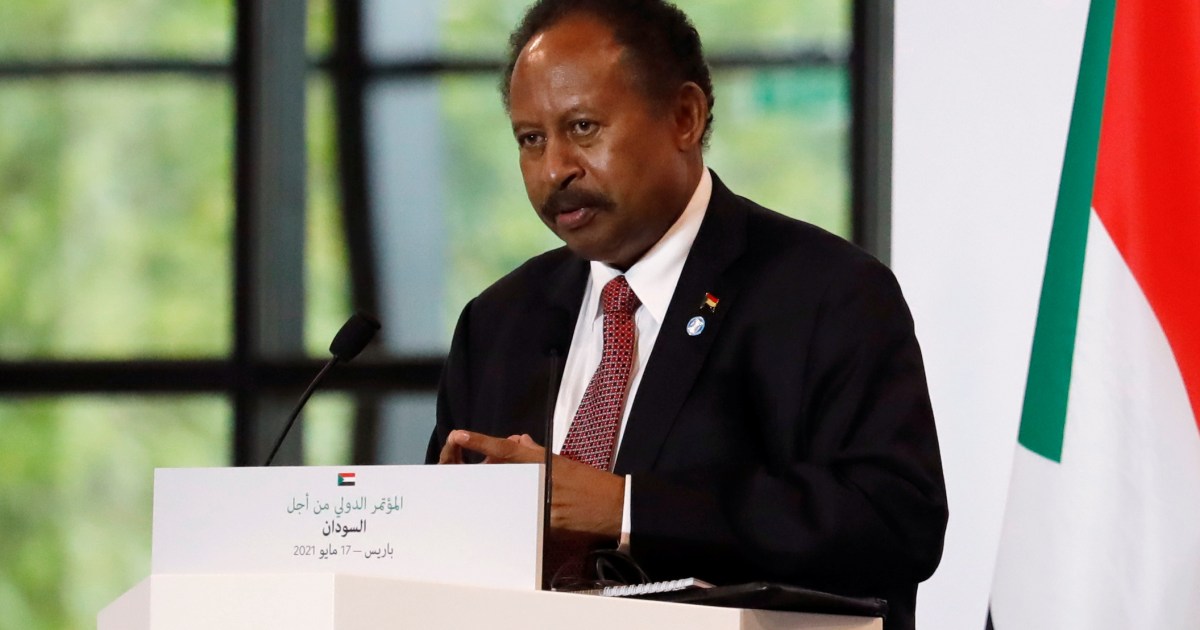On Tuesday, Sudanese Prime Minister Abdullah Hamdok warned of the dangers of chaos and civil war threatening his country, due to the deteriorating security situation, which provided the opportunity for the infiltration of "enemies of the revolution and supporters of the former regime," he said.
In a speech broadcast on television, days after young men with iron bars and sticks closed the streets in the capital, Khartoum, after lifting fuel subsidies, Hamdok said, "The security deterioration now is mainly due to the fragmentation that occurred between the components of the revolution, which left a vacuum in which its enemies and supporters of the former regime infiltrated." .
"In some cases, the matter has turned from movements to express opinion to incidents of looting and looting of property and terrorizing citizens in a number of areas, and direct attacks, preceded by killings and attacks on a number of revolutionaries, and there are cases of violence and abuse against women in an unusual way," Hamdok added.
He explained that without reforming the huge security sector that expanded during the era of Omar al-Bashir when he was engaged in multiple internal conflicts, Sudan will continue to face internal and external threats.
"These fragmentation can lead us to a state of chaos and the control of gangs and criminal groups, as well as help to spread conflicts among all population groups, which may lead to civil war," he said.
Confronting the gangs
The government stated that the police and the Public Prosecution Office would confront what it described as gangs involved in blocking roads, but it was apparent that the police presence was weak on the streets.
Hamdok's government operates under a fragile power-sharing agreement between the military and civilians that was reached after a popular uprising that prompted the army to oust President Omar al-Bashir in April 2019.
The transition period is supposed to last until the end of 2023, then elections will be held.
Although Sudan has won international acclaim after the economic reforms carried out since the fall of al-Bashir and has made progress towards debt relief, many Sudanese are facing food crises or struggling to make ends meet after prices rose over the past year.
The inflation rate reached 397 percent last May, and electricity or water is cut off daily.

